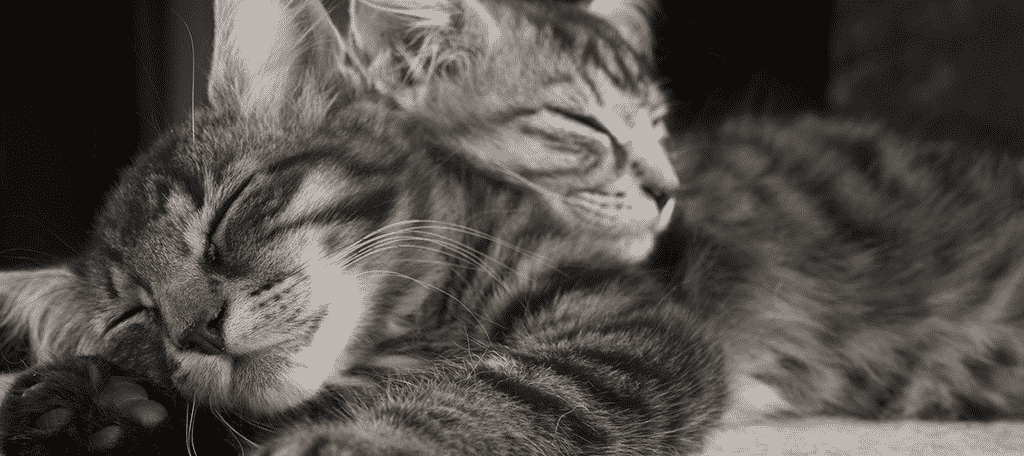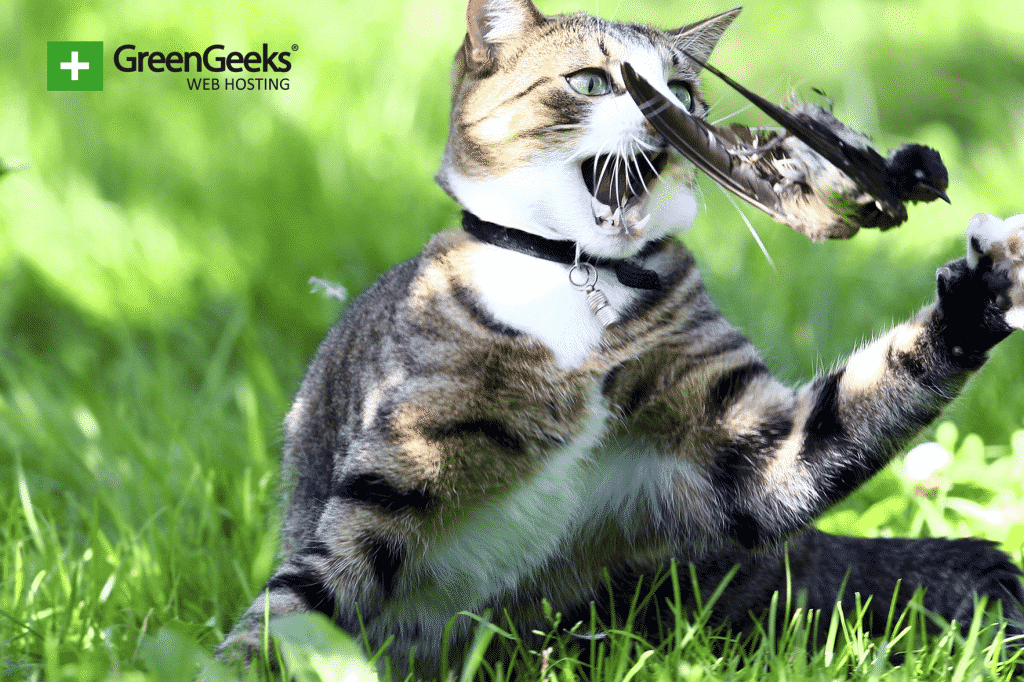When you think of predators, animals like lions, tigers, bears, wolves, coyotes, and other large carnivores come to mind. However, all of these pale in comparison to your pet cats according to a new study.
A household cat is more deadly to small wildlife including rodents, squirrels, rabbits, and any birds than other predators of similar size. On average, the report found that a cat can have anywhere between 2 and 10 times a larger impact in their area.
And this causes a very big issue when you consider where cats live.
A Cats Hunting Range Is Very Small

If you let your cat out for the night, you don’t have to worry about them going very far. The report found that household cats only travel a few hundred feet away from their home, which is a relatively small range.
However, the issue lies within the density of cat populations.
In many cases, people own more than 1 cat, Thus in that same small range will now include multiple predators (cats). However, cats are a very common pet. In fact, they are the second most popular pet in the United States, with 25.4% of households owning at least one.
Thus, it is very common to discover a neighborhood that has multiple cat owners, who may also own multiple cats. This creates huge overlaps in the cat’s range due to the high density of the population.
This makes the effects of these nightly “strolls” very impactful.
How Can You Help
Humanity has a big problem with biodiversity. While we all love it, our actions do not help. In fact, it’s quite the opposite.
Our pet selections are a perfect example. The populations of cats and dogs far exceed that of any other animal species. There is nothing biodiverse about it. If you are a cat owner and want to lower the impact the answer is pretty simple.
Do not let your cat out at night.


